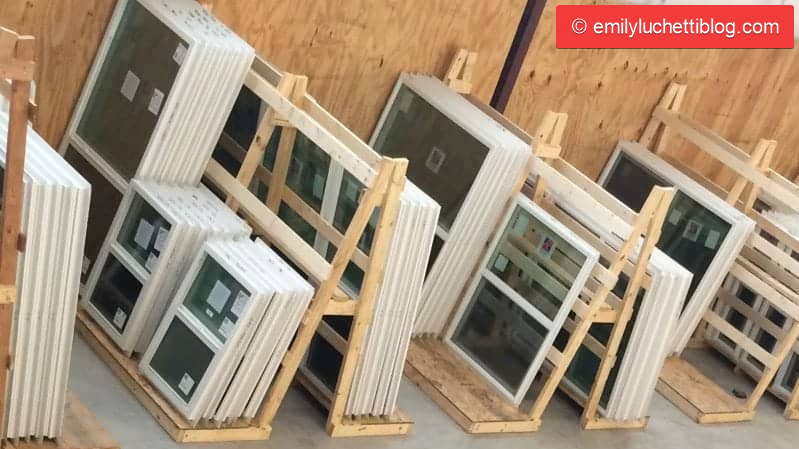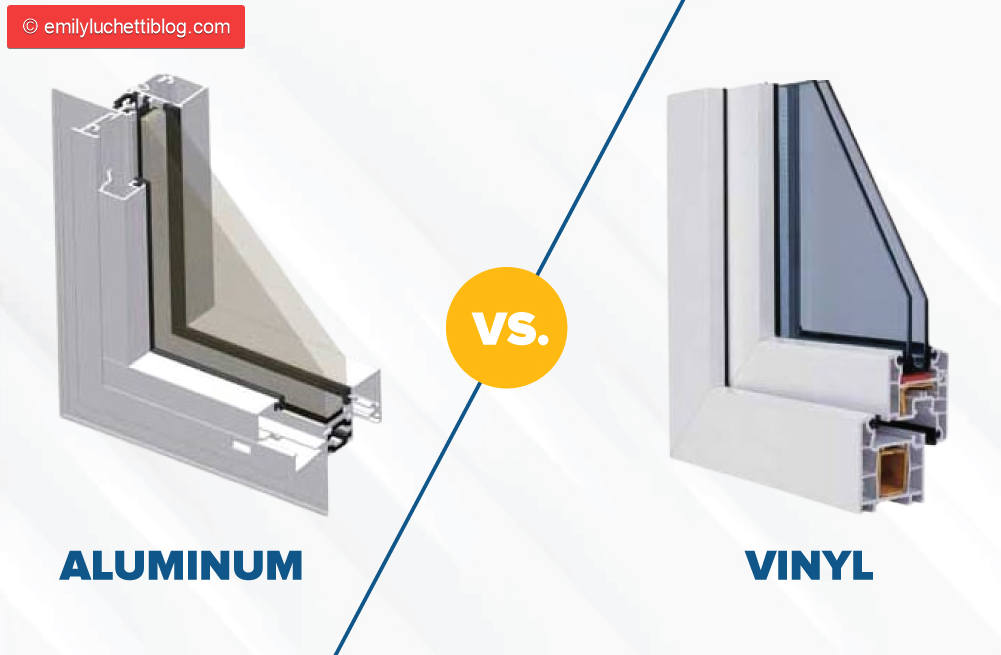Vinyl windows are a popular and affordable option for homeowners looking to improve their home’s energy efficiency and aesthetics. However, the type of glass used in the windows can have a significant impact on their performance and durability. In this article, we will explore the different types of glass options available for vinyl windows and their advantages and disadvantages.
- Single-Pane Glass
Single-pane glass is the most basic option for vinyl windows. It consists of a single sheet of glass and is the least expensive option. However, it provides minimal insulation and is not recommended for areas with extreme weather conditions. How to choose Vinyl plastic windows, read our guide.
- Double-Pane Glass
Double-pane glass is a popular option for vinyl windows. It consists of two sheets of glass separated by a sealed air space. This design provides improved insulation and noise reduction compared to single-pane glass. Double-pane glass is also available with low-e coatings, which reflect heat back into the room and further improve energy efficiency.

- Triple-Pane Glass
Triple-pane glass is the most energy-efficient option for vinyl windows. It consists of three sheets of glass separated by sealed air spaces. This design provides the highest level of insulation and noise reduction but is also the most expensive option.
- Tempered Glass
Tempered glass is a type of safety glass that is often used in vinyl windows. It is four times stronger than regular glass and is designed to break into small, rounded pieces if it is shattered. This design reduces the risk of injury from broken glass and is recommended for areas prone to severe weather conditions.
- Tinted Glass
Tinted glass is a type of glass that is coated with a thin layer of tinted film. It reduces the amount of heat and light that enters the room, providing improved energy efficiency and privacy. Tinted glass is available in a variety of colors and shades to match your home’s style and design.
- Sound Control
If you live in a noisy area, you may want to consider glass options that provide sound control. Laminated glass is a type of glass that has a layer of plastic between two sheets of glass. This design provides improved sound insulation and reduces noise pollution from outside.
- Low-Maintenance
If you want to reduce the time and effort needed to maintain your windows, you may want to consider glass options with low-maintenance coatings. Some glass options feature a self-cleaning coating that uses sunlight and rain to break down dirt and grime, reducing the need for regular cleaning.
- UV Protection
UV rays from the sun can cause damage to your furniture, carpets, and other interior furnishings. Glass options with a low-emissivity (low-e) coating can help block these rays and provide improved protection for your home’s interior.
- Climate Considerations

Finally, consider the climate in your area when selecting glass options for your vinyl windows. In cold climates, you may want to choose glass options with a high solar heat gain coefficient (SHGC) to allow more heat from the sun into your home. In warmer climates, you may want to choose glass options with a low SHGC to reduce the amount of heat that enters your home.
Conclusion
Choosing the right glass options for your vinyl windows involves considering a variety of factors, including energy efficiency, durability, sound control, maintenance, UV protection, and climate considerations. Double-pane glass with low-e coatings is a popular option for improved energy efficiency, while laminated glass provides improved sound insulation. Glass options with low-maintenance coatings and UV protection can reduce the need for regular cleaning and protect your home’s interior from damage. By understanding these factors and selecting the right glass options for your vinyl windows, you can enhance the energy efficiency, comfort, and beauty of your home while enjoying the many benefits of vinyl windows.


